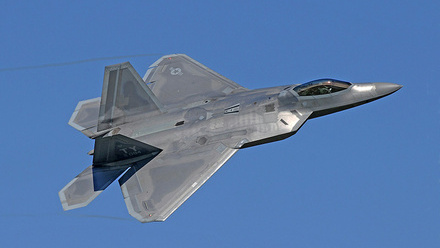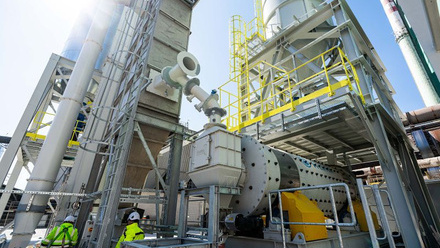University of Birmingham partners with GKN Aerospace for aircraft hydrogen propulsion
Under the programme liquid hydrogen is being converted to electricity within a fuel cell system which uses technology developed at the University of Birmingham, UK.

The H2GEAR programme for hydrogen propulsion of sub-regional aircraft will first focus on significantly improving hydrogen powered performance, in turn enabling applications on larger aircraft and longer journeys. The programme is supported by £27M of ATI (Aerospace Technology Institute) funding, matched by GKN Aerospace and its industrial partners.
GKN Aerospace will also collaborate with Intelligent Energy, Aeristech, Newcastle University, the University of Manchester.
The Centre for Fuel Cell and Hydrogen Research at the University of Birmingham will work on the future aviation fuel cell stack concept. The future stack will be based on the Novel Intermediate Temperature Polymer Electrolyte Fuel Cell (IT-PEFC) technology being developed at the university. The IT-PEFC stack should offer an increase in power density, improved performance and simplified balance of plant.







